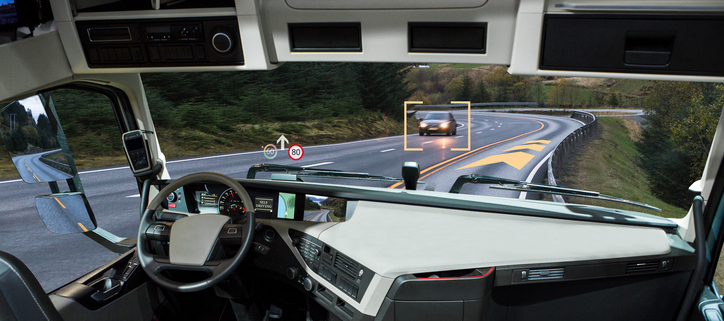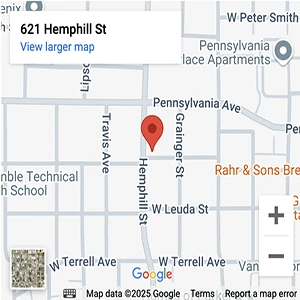Who to Save in a Self-Driving Truck Accident? It Might Come Down to Culture
TEXAS. There has been much talk in recent months about how self-driving trucks could revolutionize transportation. Not only do experts believe that self-driving trucks will eventually be safer than human-operated vehicles, but automated trucks won’t have to abide by hours of service laws. They can run all night and all day, streamlining shipping. While many agree that a computer-run vehicle might be less prone to human error (the Stanford Center for Internet and Society notes that human error is responsible for as many as 90 percent of vehicle accidents), there are still areas of automated vehicle technology where major safety decisions must be made.
For example, what happens if a self-driving truck is in a situation where someone will get hurt regardless of what decision is made? Many call it the famous “trolley problem” for self-driving vehicles. If a self-driving vehicle is hurtling to an unavoidable accident where either the vehicle drives off a cliff, harming those within the vehicle, or avoids driving off the cliff, but “chooses” to collide with people crossing the road, what should the vehicle do?
According to QZ, the answer to this question depends on whether you live in the U.S., Japan, or France. This can raise significant questions for car manufacturers, especially when it comes to setting world-wide standards about what self-driving vehicles should do in ambiguous situations. One group of researchers came up with different car accident scenarios in which the outcome would always result in someone getting injured. Individuals were presented with these scenarios and were asked what they believed an autonomous vehicle should do. For example, should it collide with a group of elderly people crossing the road to spare a young family traveling in a vehicle? The results of the study found that western cultures tended to favor saving children over the elderly. However, Eastern participants were more likely to want to preserve the older people.
QZ reports that Eastern groups showed no preference for saving more people, while Westerners took a more Utilitarian approach and favored saving more people. People in Western countries showed less favor for pedestrians over those in vehicles, while Eastern participants were more likely to save the law abiding than the law-breaking.
Will autonomous vehicles often face choices like this? These scenarios are quite rare and are not likely to play out as much in trucks where there may be no human aboard the vehicle. However, these moral dilemmas are important to consider, especially if someday we might see autonomous vehicles carrying hazardous or volatile substances.
Until autonomous vehicles can prove themselves to be safe, they aren’t likely to be used by major truck companies anytime soon. Until then, truck companies have a responsibility to follow the law and show caution. If you or a loved one was hurt in a truck accident in Texas, the Cooper Law Firm are truck accident lawyers who may be able to help you seek justice and compensation for your accident. Our firm works closely with victims and families, helping them to move forward following the devastating effects of these accidents. Visit us at https://cooper-law-firm.com/ to learn more about your rights and options under the law.
Cooper Law Firm
501 N Third St,
Longview, TX 75601
Telephone: (903) 297-0037









